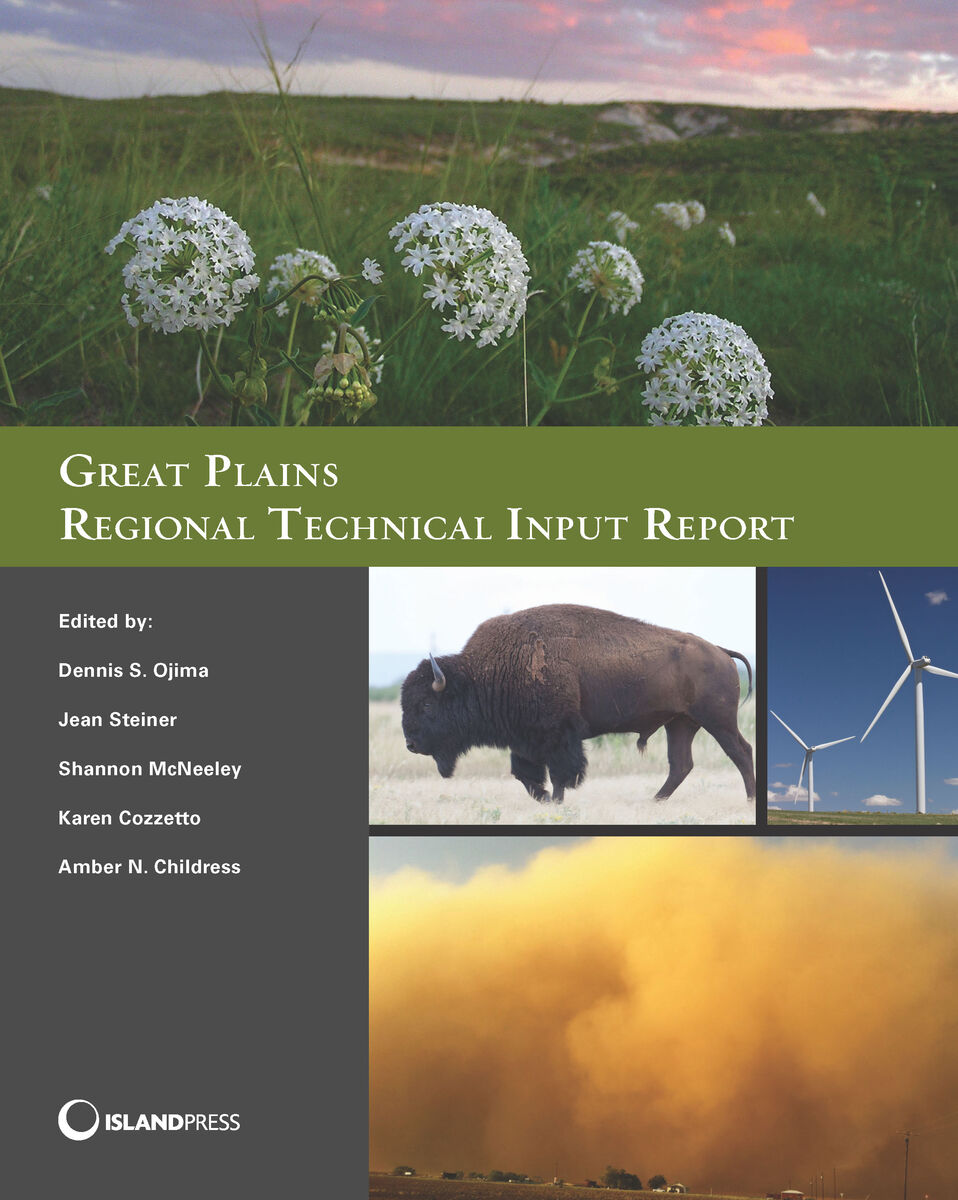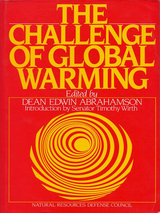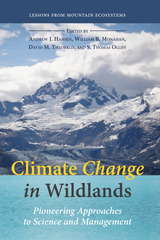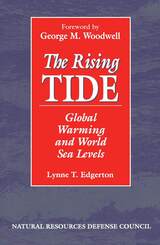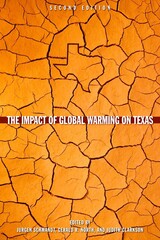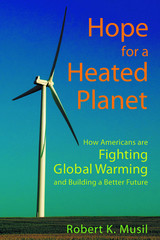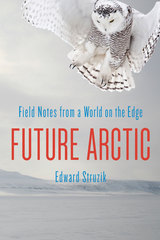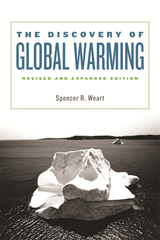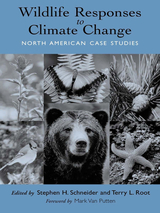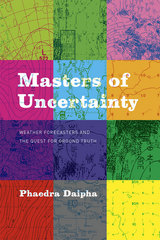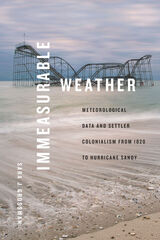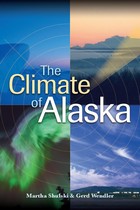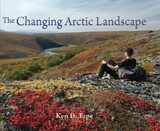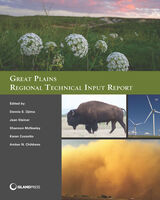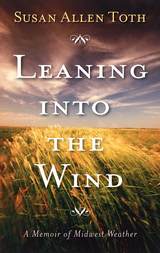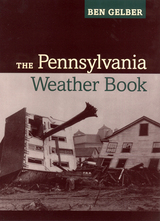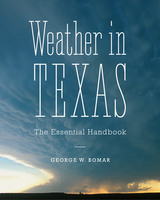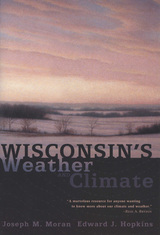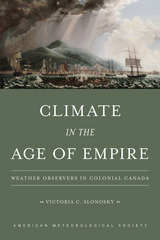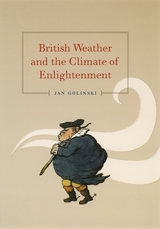Great Plains Regional Technical Input Report
Island Press, 2015
Paper: 978-1-61091-435-2 | eISBN: 978-1-61091-510-6
Library of Congress Classification QC984.G74O55 2015
Dewey Decimal Classification 363.73874097648
Paper: 978-1-61091-435-2 | eISBN: 978-1-61091-510-6
Library of Congress Classification QC984.G74O55 2015
Dewey Decimal Classification 363.73874097648
ABOUT THIS BOOK | AUTHOR BIOGRAPHY | TOC | REQUEST ACCESSIBLE FILE
ABOUT THIS BOOK
Prepared for the 2013 National Climate Assessment and a landmark study in terms of its breadth and depth of coverage, Great Plains Regional Technical Input Report is the result of a collaboration among numerous local, state, federal, and nongovernmental agencies to develop a comprehensive, state of the art look at the effects of climate change on the eight states that encompass the Great Plains region.
The Great Plains states are already experiencing the impacts of a changing climate, and will likely continue to experience warming temperatures, more extreme precipitation events, reduced snow and ice cover, and rising relative sea levels. The book presents a review of the historic, current, and projected future climate of the region; describes interactions with important sectors of the Northeast and examines cross-sectoral issues, namely climate change mitigation, adaptation, and education and outreach.
Rich in science and case studies, it examines the latest climate change impacts, scenarios, vulnerabilities, and adaptive capacity and offers decision makers and stakeholders a substantial basis from which to make informed choices that will affect the well-being of the region's inhabitants in the decades to come.
The Great Plains states are already experiencing the impacts of a changing climate, and will likely continue to experience warming temperatures, more extreme precipitation events, reduced snow and ice cover, and rising relative sea levels. The book presents a review of the historic, current, and projected future climate of the region; describes interactions with important sectors of the Northeast and examines cross-sectoral issues, namely climate change mitigation, adaptation, and education and outreach.
Rich in science and case studies, it examines the latest climate change impacts, scenarios, vulnerabilities, and adaptive capacity and offers decision makers and stakeholders a substantial basis from which to make informed choices that will affect the well-being of the region's inhabitants in the decades to come.
See other books on: Climate | Climatic changes | Great Plains | Meteorology & Climatology | Wildlife
See other titles from Island Press
